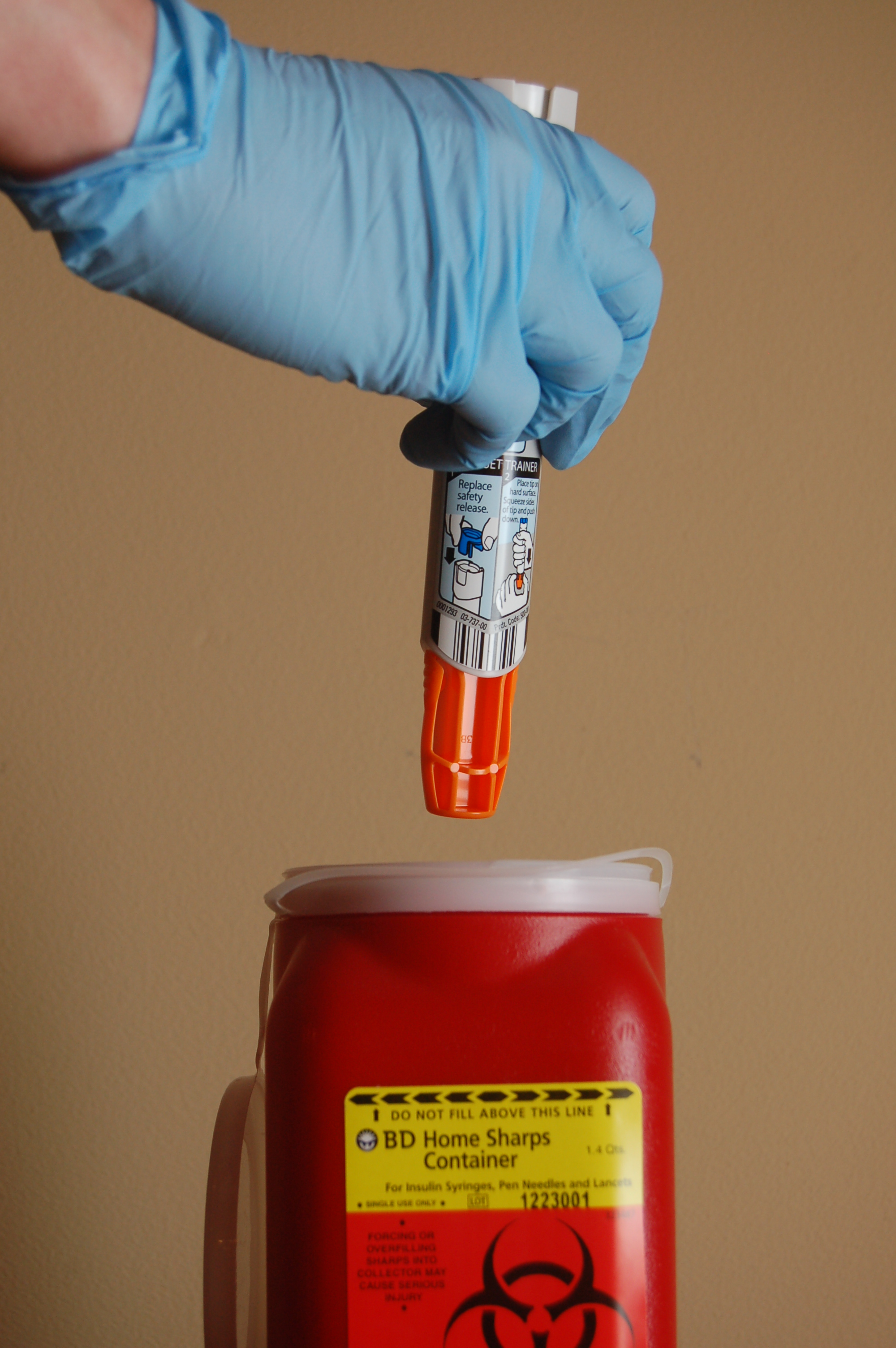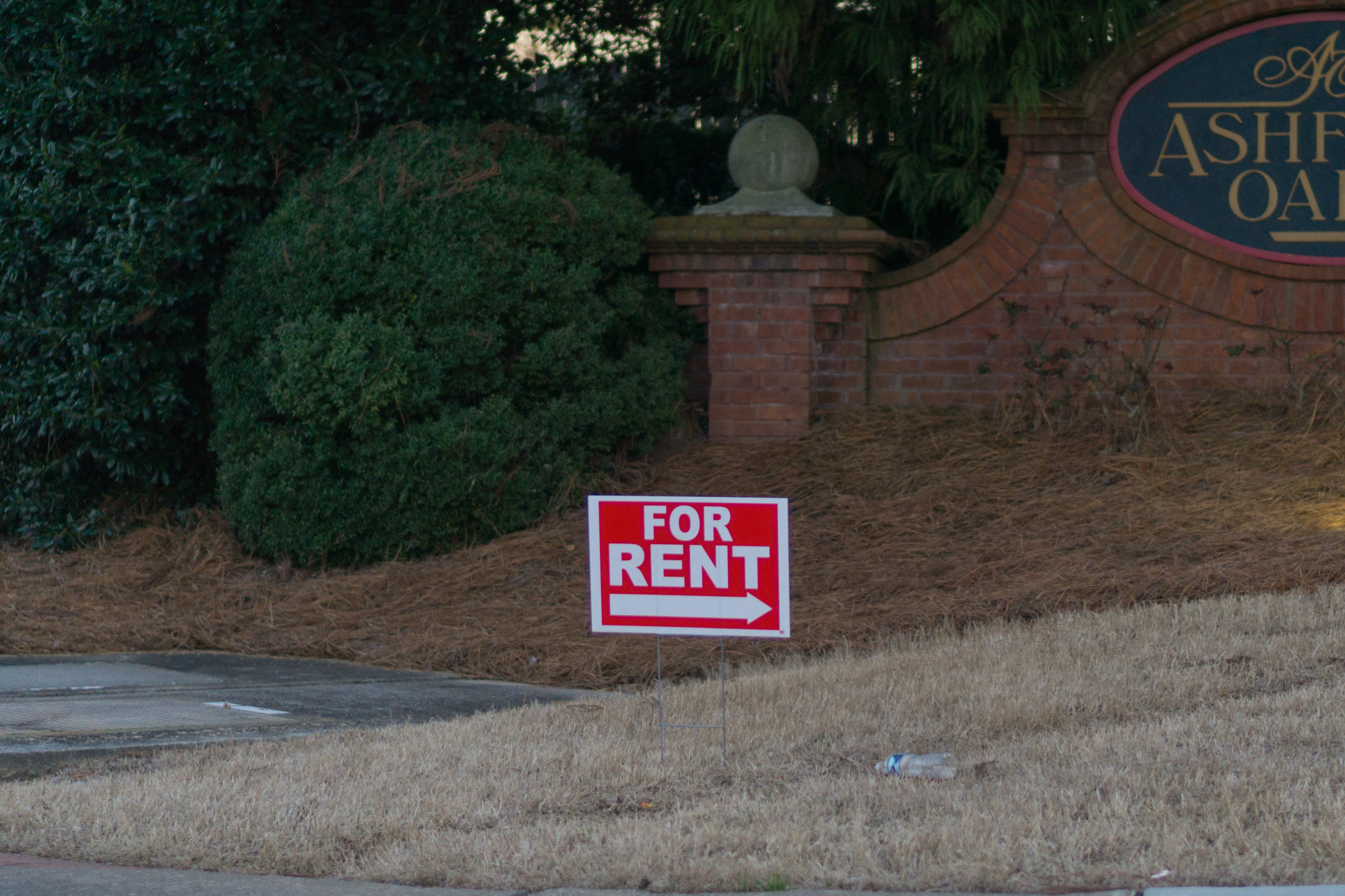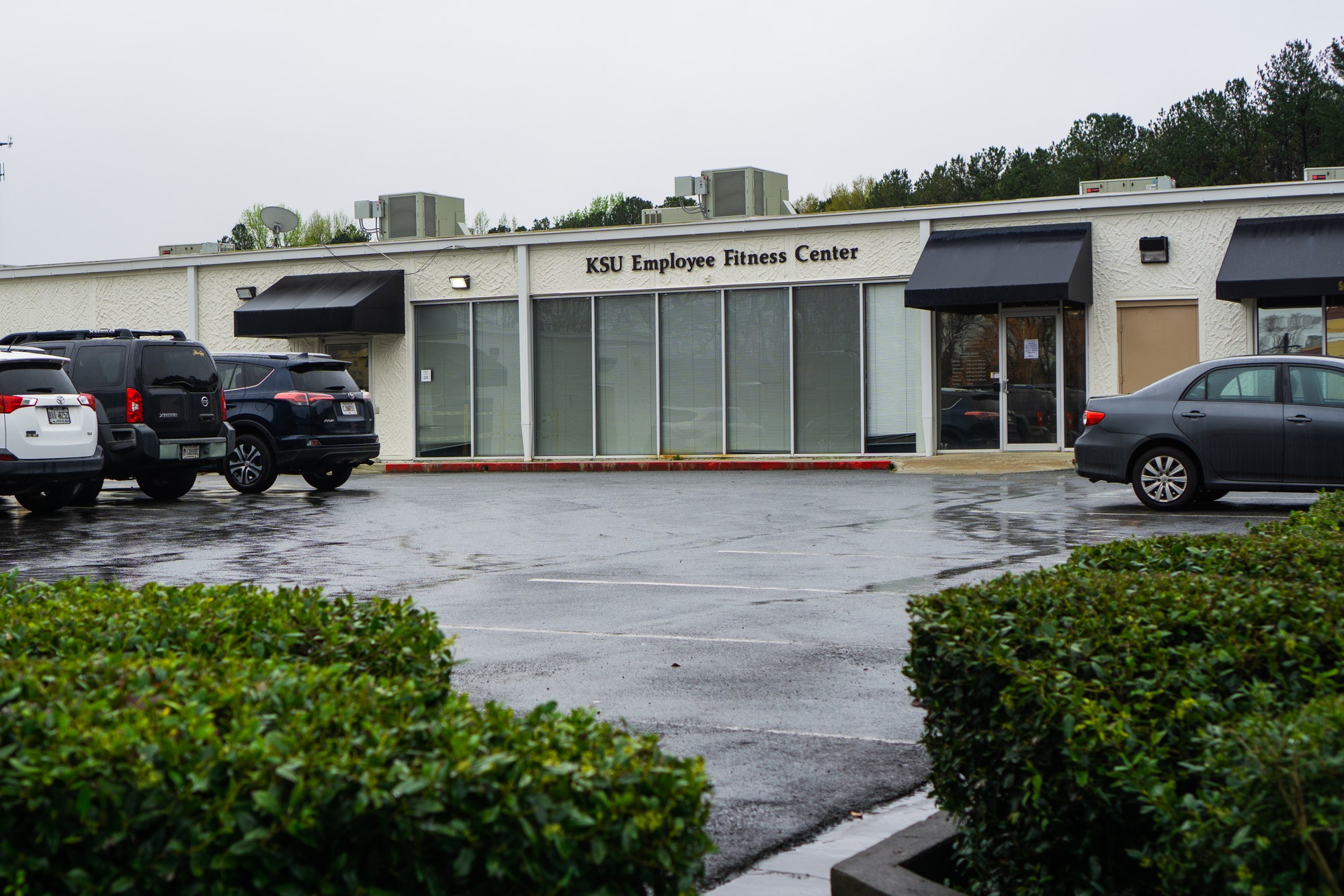There’s another price hike in a lifesaving medicine, and it wasn’t by Martin Schkreli this time.
Say hello to Heather Bresch — she’s making millions of dollars one lifesaving EpiPen pack at a time.
EpiPens are owned by Mylan, a top pharmaceutical company, and contain a dose of epinephrine, which is administered to someone if they are having an allergic reaction and going into anaphylactic shock.
They have been approved by the Food and Drug Administration and on the market for years. They originally costed $100 a pack, and each pack contains two EpiPens. Over the past nine years, the price has now increased to $600 a pack.
Where is the money going? How can families still afford this?
Bresch, chief executive of Mylan, explained to the New York Times that Mylan will be increasing financial assistance to patients so that they don’t have to pay as much out of pocket.
“I am running a business,” Bresch told the New York Times. “I am a for-profit business. I am not hiding from that.”
The New York Times explained that some of the $600 goes towards “raising awareness for severe allergic reaction and making improvements to the way the product works.”
We all understand that pharmaceutical companies are businesses too, and they need to make money somehow — but how much money are they really making?
According to The New York Times, Bresch was compensated nearly $19 million in 2015 from EpiPens. They also reveal that she is the daughter of a U.S. senator, and she also oversees a drug company lobbyist group.
In other words, she is an insider, which worries me more.
Martin Schkreli was an outsider. He raised the prices for the HIV/AIDs medications. It was easier for his business to kick him out and never see him again.
Bresch has more power, and her company even defends her.
Bresch may be making $19 million dollars, but what about the families that are having to pay for EpiPens? Let’s put this into perspective.
As reported by the Huffington Post, one mom in Atlanta has two children with allergies. She needs to buy them each two packs of EpiPens; one pack for school and one to carry. That’s four packs, costing the mom $600 each, which totals out to $2,400. Parents like her wonder if they will be able to afford their mortgage after buying their children’s medication.
How are parents handling the price increase? Some families are splitting the packs and letting their child carry one pen and having one pen at school. This is unsafe. There are two pens in a pack because some people may need more dosage than is included in one pen. Also, the second pen is there to help in the case of user error with the first pen. But parents are taking the chance with their children’s lives because they cannot afford to buy more packs.
These EpiPen packs also expire, which means more unusable medication and more money for Mylan when parents need to resupply. Some parents are relying on expired EpiPens, which is dangerous as they cannot be sure the medication will work.
The big pharmaceutical industry has proven once again that some people go into medicine because of their passion for health and wellness, but some use the health needs of others to make millions. As a future physician, I will make it my mission to make sure that we build a healthy population that can sustain healthy habits and lifestyles while not having to sacrifice necessities in life for better health.
Mylan is not the only company that is running a monopoly with skyrocketing drug prices. Other drug prices are indeed getting out of hand. Prices for insulin, Gllevec and Abilify are also increasing. Insulin is used to manage diabetes, Gleevec is a cancer drug and Abilify is a psychiatric drug. They are vital for some people to function in day to day life.
Why are prices so high? What can we do?
For now, we can ask the FDA to expedite the process of reviewing generic drugs, which are cheaper to consumers and prevent monopolies developing among pharmaceutical companies.
I completely understand that pharmaceutical companies need to make money, but they also need to have hearts for the people who buy their drugs. The people who buy medicine and seek medical care are not just consumers; they are patients with families.
As Dr. Osler of Johns Hopkins Hospital said, “The practice of medicine is an art, not a trade; a calling, not a business; a calling in which your heart will be exercised equally with your head.”
These are people’s lives at stake; we can’t be playing Russian roulette with that.



